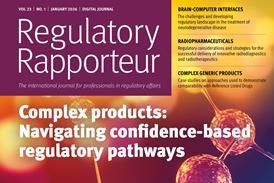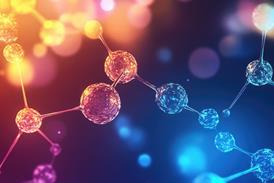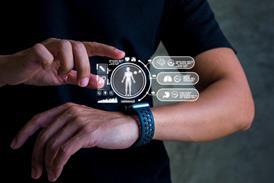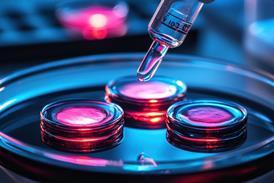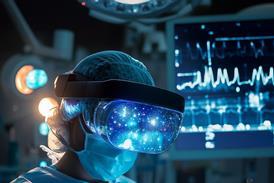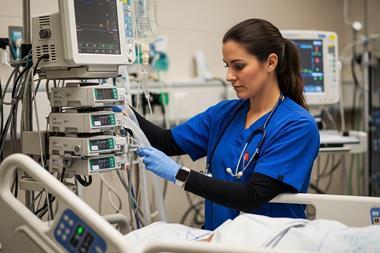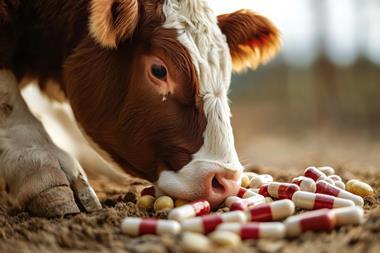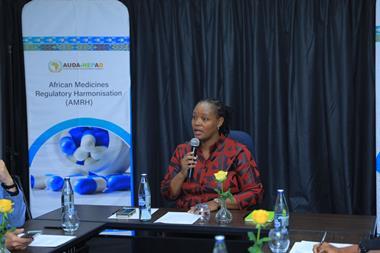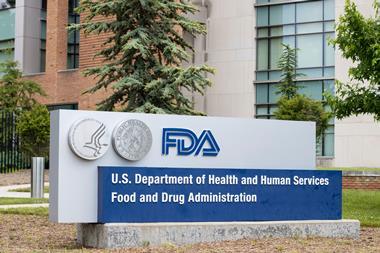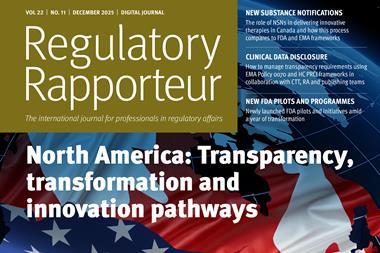The US Food and Drug Administration (FDA) has announced plans to replace animal testing for monoclonal antibodies (MABs) and other drugs with other ‘more effective, human-relevant methods’.
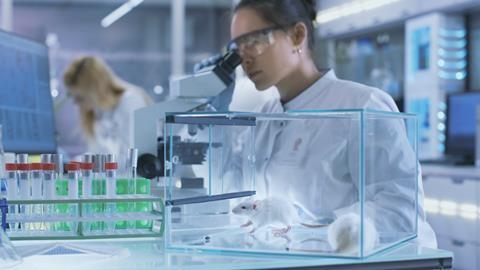
The demand for MABs is rapidly growing and they are used in a variety of treatments for cancer and autoimmune diseases. MABs can be used to trigger the immune response and improve the body’s defences against disease, providing more targeted treatment options, although it can be very costly for patients.
Animals have traditionally been used for testing MABs. Research suggests that, worldwide, 115 million animals are tested on every year, yet the FDA reports that over 90% of drugs that have been tested as safe and effective on animals do not go on to receive FDA approval due to safety or efficacy issues. Furthermore, the costs of using non-human primates (NHPs) have increased in recent years, reaching up to $50,000 per NHP. This shows that animals do not provide a sufficient testing environment and are costly compared to human models.
In a recent FDA announcement, Commissioner Martin A. Makary, M.D., M.P.H stated that animal testing has gone on ‘for too long’. The FDA’s plans to reduce animal testing marks the beginning of a new phase where new approach methodologies (NAMs), such as in vitro human-based systems, lab-grown organs, and AI and computer models will replace most animal testing. The aim is to create ‘faster and more accurate human risk assessments’ while evaluating the safety and effectiveness of pharmaceutical drugs. It will also help to reduce clinical trial costs and improve animal welfare.
This new regimen will be introduced immediately but it will take time for animal testing to reduce. In the next 3-5 years, the FDA aims to make animal testing a last resort rather than normal practice.
The FDA’s detailed plan to phase out animal testing can be viewed here.


